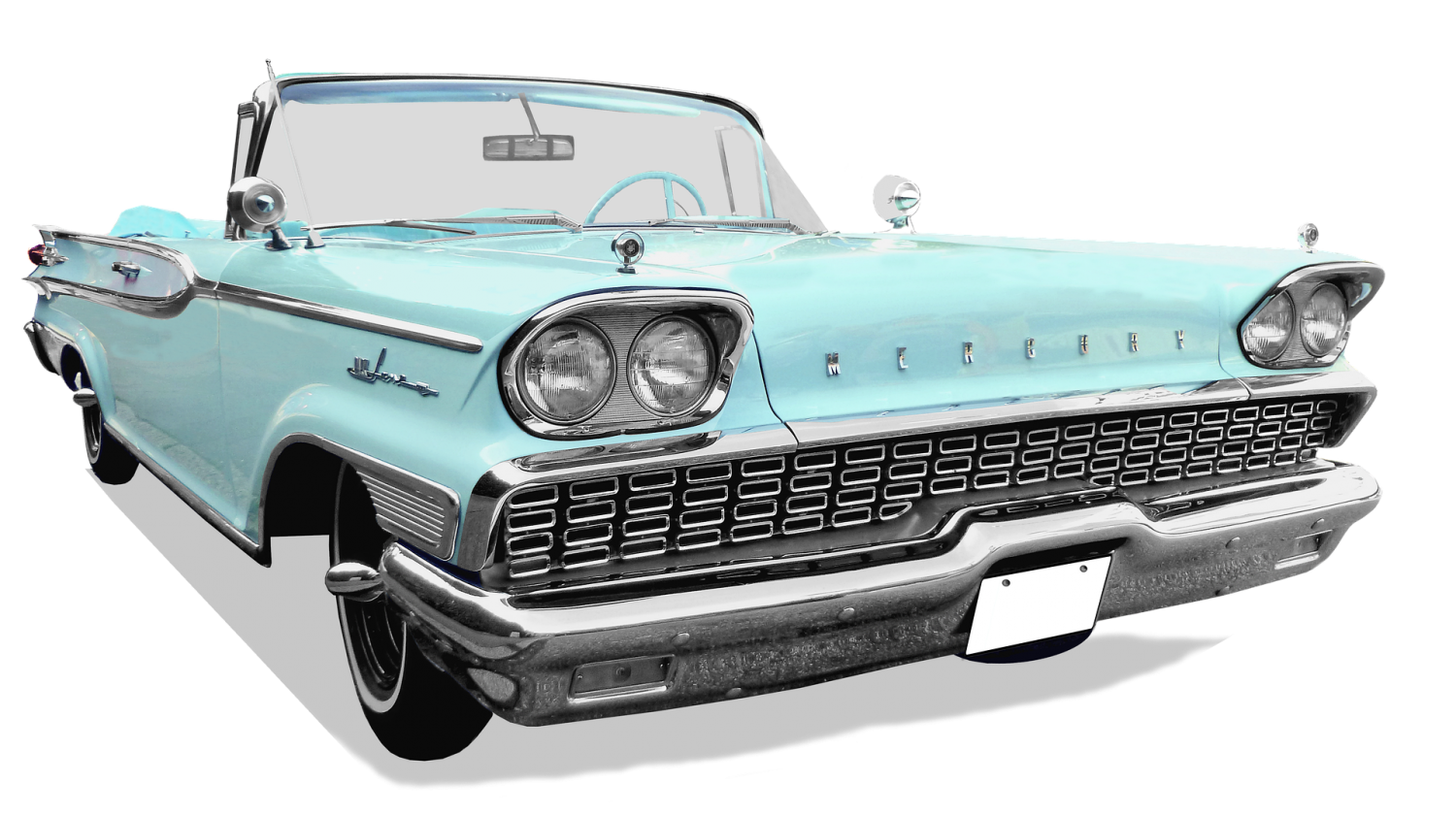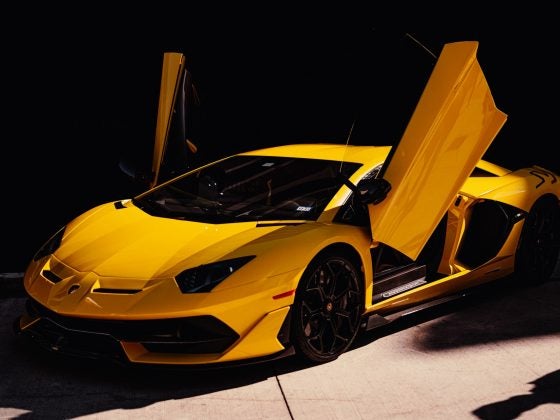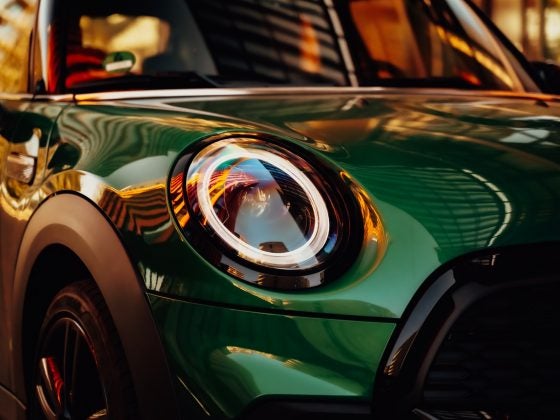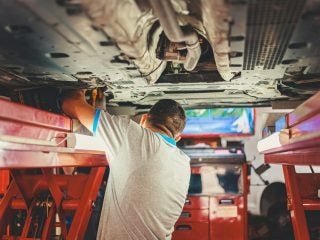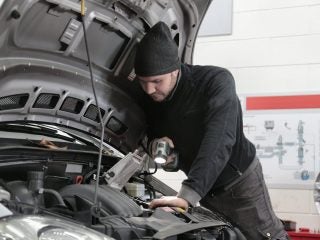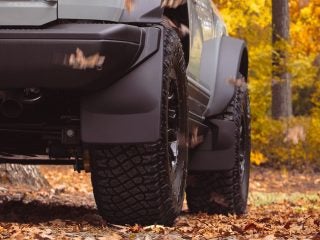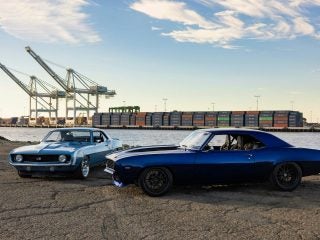If this is your first time, or your one hundredth time, buying a classic car there are numerous things that you should know. Before we get into that, though, you need to evaluate your needs, your wants, and your financial situation. A classic car that catches your attention will also catch the attention of others. If you can find one under $10,000 then you are doing good.
Other than having a little cash available, or a loan pre-approved if that is the way that you are going, you need to know a few things to make sure that you do not become one of those classic buyers that regret their decision to purchase a classic car.
-
Bad/Good Investment: Buying a classic car should not be considered as a good financial investment. If that is why you are buying it, you may as well look for a newer car because there is a bigger market for them. Buying an older car because it is your passion should be the only reason to buy a classic. It will require a ton of time, a decent amount of money, and some patience. In a way it is a good investment if you are planning to keep it after it is all decked out, but if you are wanting something to resell you may find that there is only a select group of people willing to buy them.
-
Follow Your Passion: You are looking to buy a classic car because it is something that you truly want. Do not settle for a car that you are not wanting. It may seem like a good idea at the time of the purchase, but when you start working on it you will not have the excitement that you would have if you had actually gotten your hands on your dream car.
-
Insurance Needs: You will obviously need some car insurance, but it does not need to be a full coverage policy through your regular insurance company. That is, of course, unless they offer classic insurance coverage. You need a policy that will cover the cost of any repairs or injuries, but since you barely ever drive it you should get a better price. On the other side, though, the repairs will cost more so if you file a claim the money paid out must be higher than a normal claim would be.
-
Check the Vin Numbers: If you are buying a classic car just to make it look good, sound good, or to turn it into a unique muscle or show car, you do not need to worry about the Vin numbers. If you are wanting an original car that is not going to be modified you need to check the Vin number, and the numbers on the engine and transmission. It may sound like a trivial thing, but once the original parts are removed it is hard to find them again. Bottom line is that if this is a project car, go for it. If you are looking for an original car that is just like it was when it rolled of the production lines you will need to check them now, or you may regret it later.
-
Beware of Rust: Rust is the biggest silent killer of classic cars. You can expect older cars to have some rust spots, which are fine because spots can be fixed. If the car has bigger rust holes in the body, and massive amounts of damage underneath, you may want to pass on it. That is, of course, unless you are looking for a project car to build into something custom, such as a muscle car.
These are just a few things that you need to know when buying a classic car. The pride that you can get out of one will never be matched by anything else. Yes, they are a lot of work, and they could end up costing you a decent amount of money, but there are aspects of owning an older car that cannot be matched by even the most tech savvy new car.




